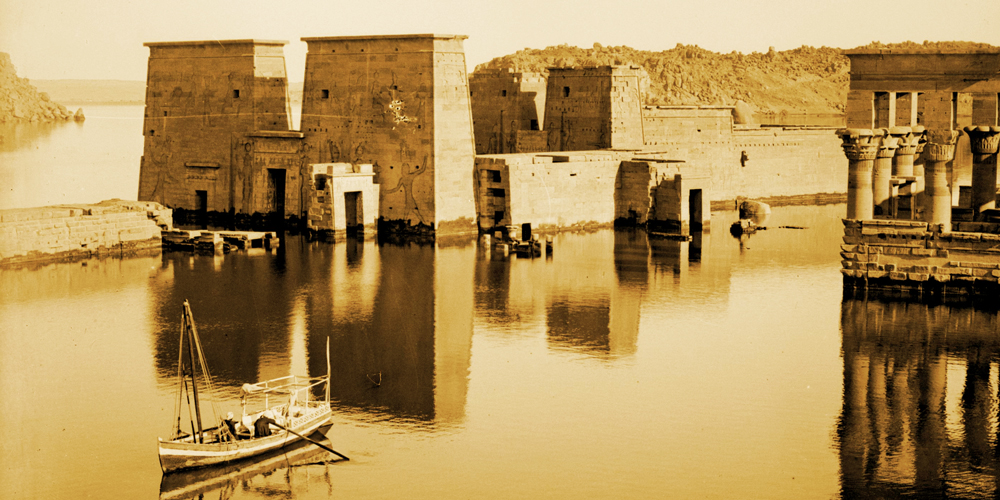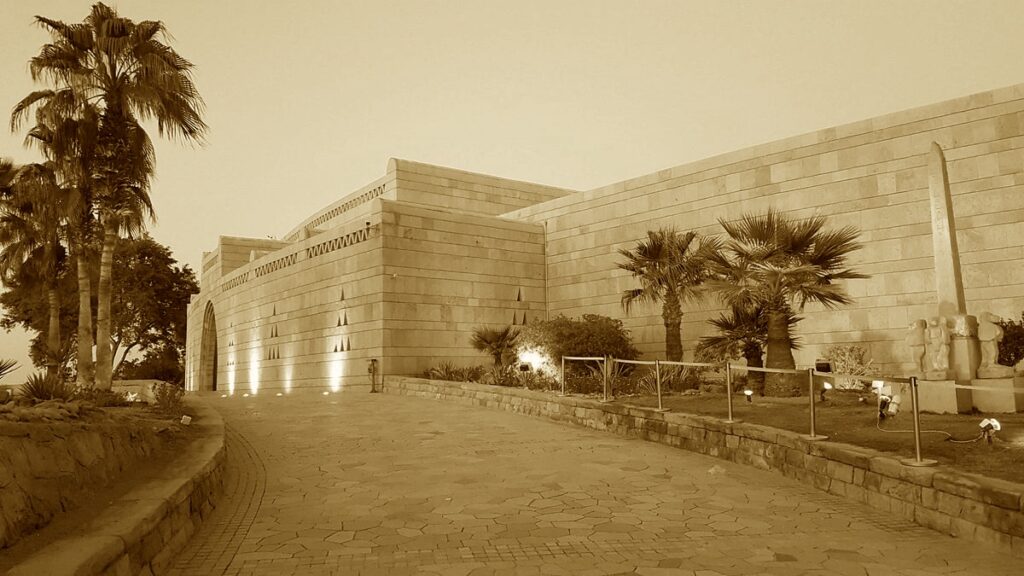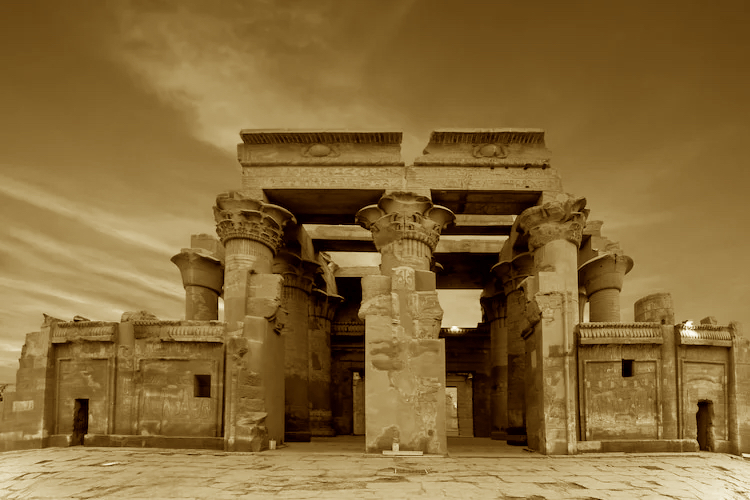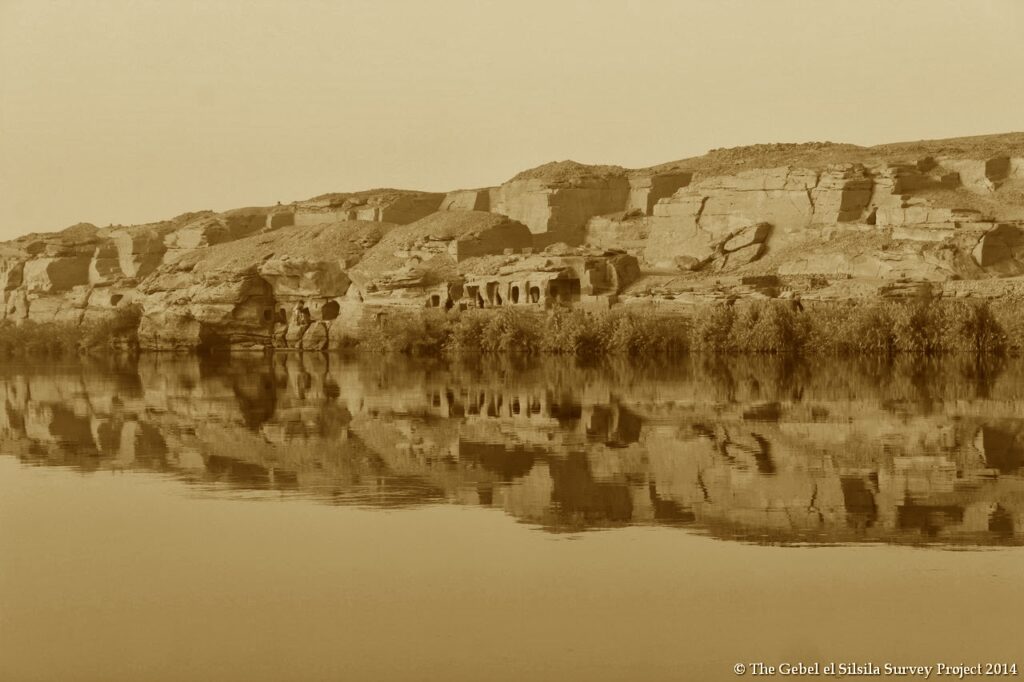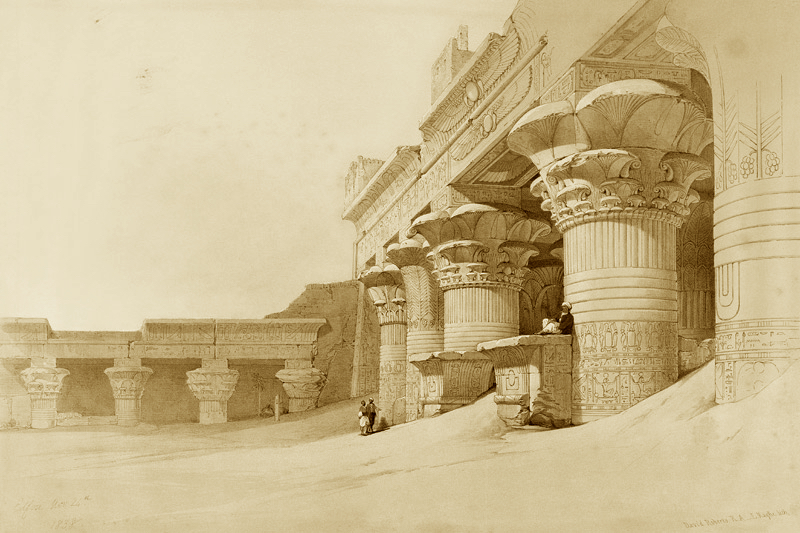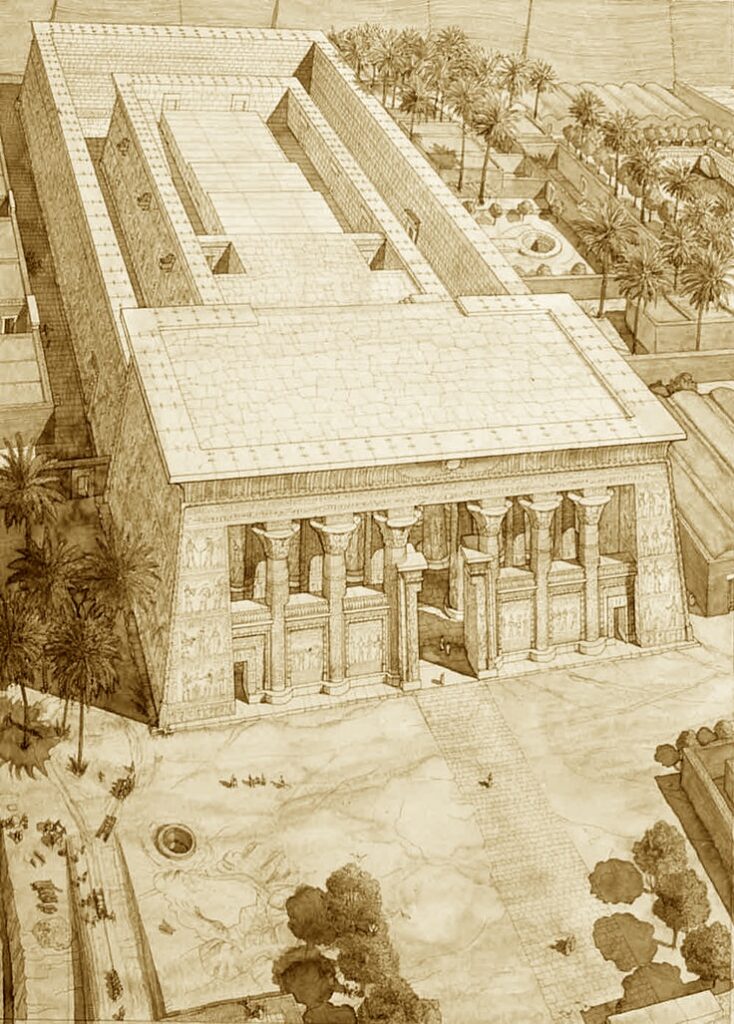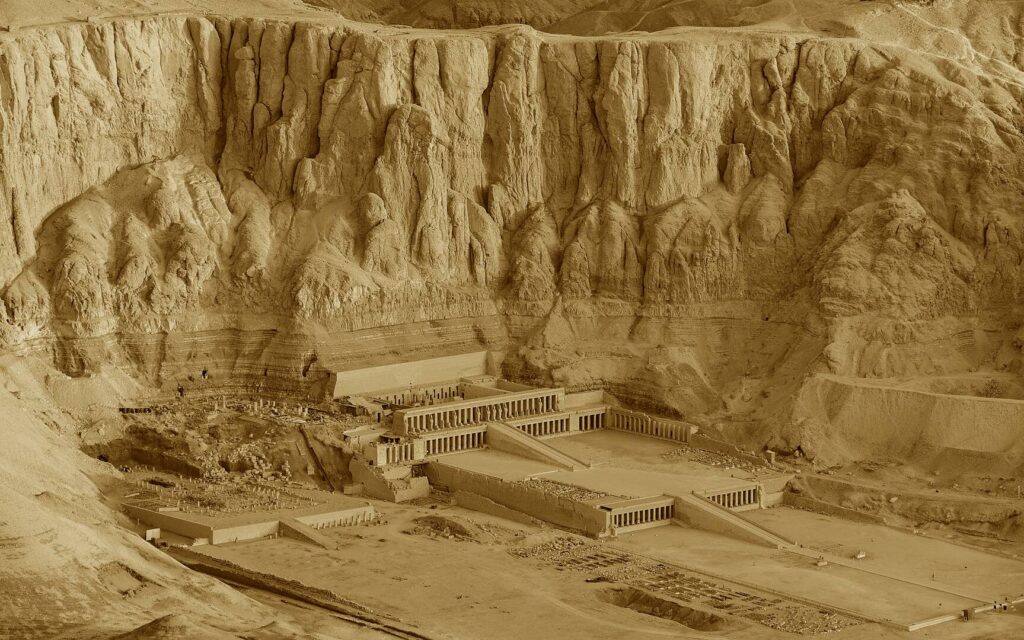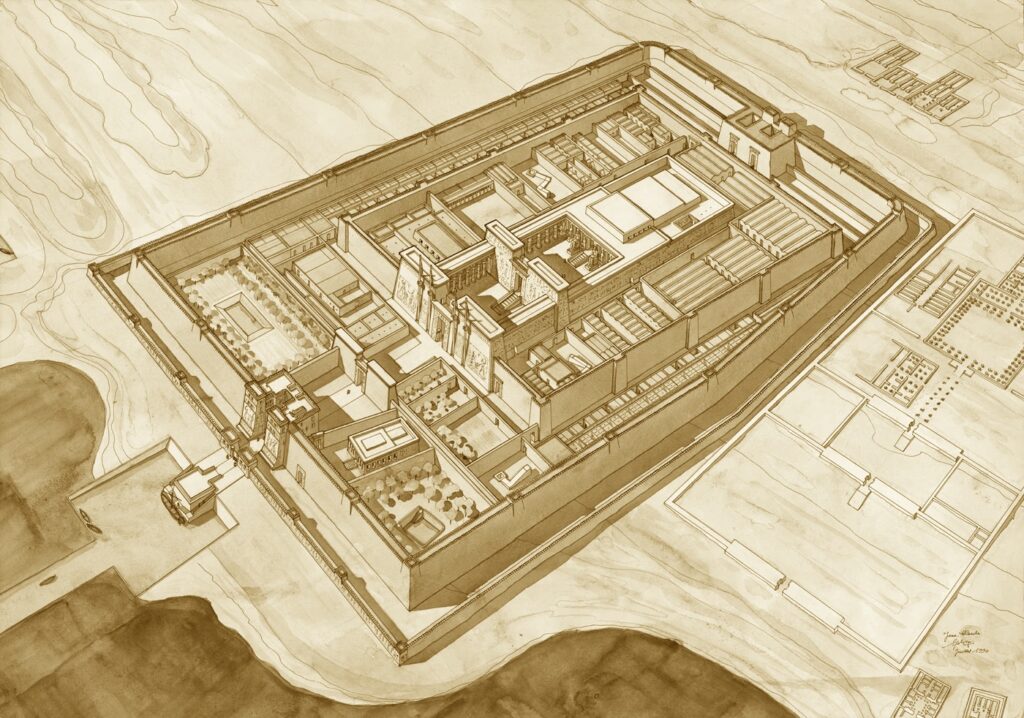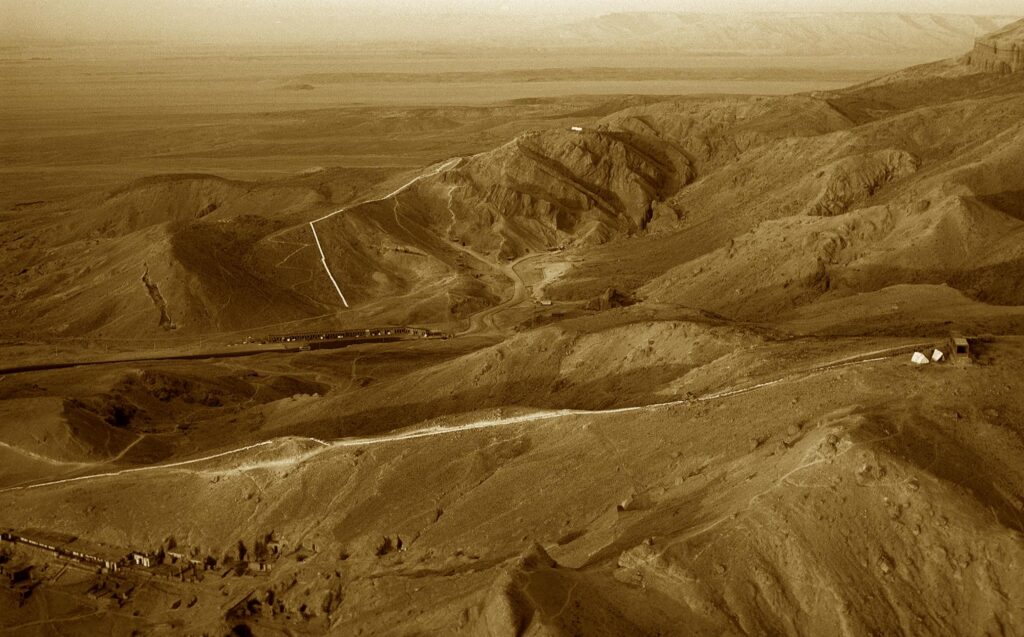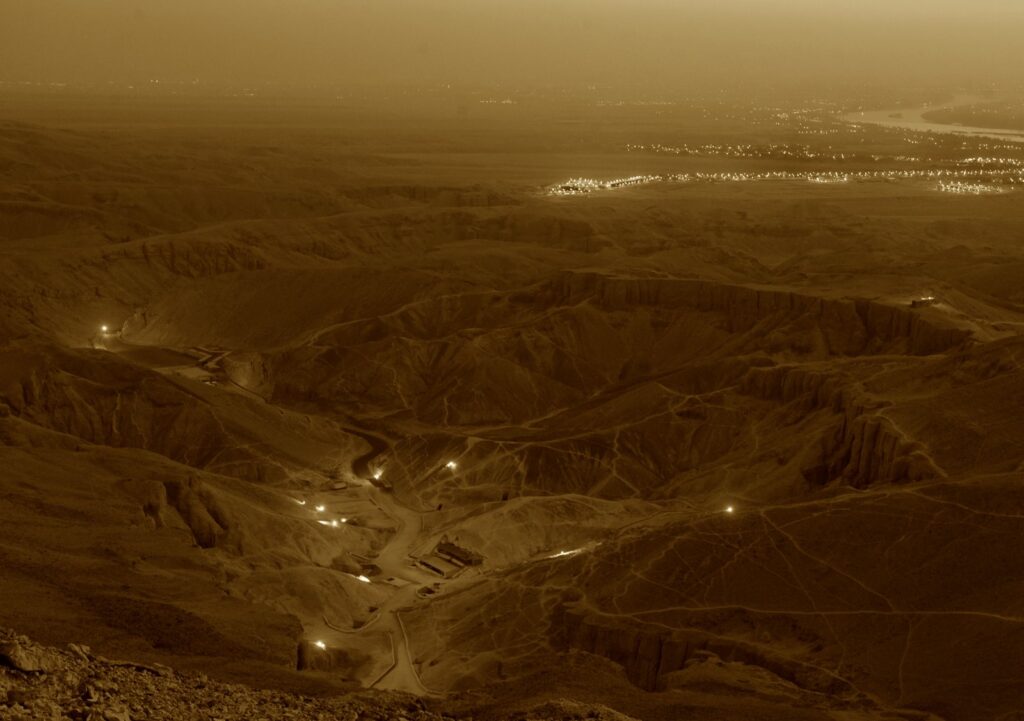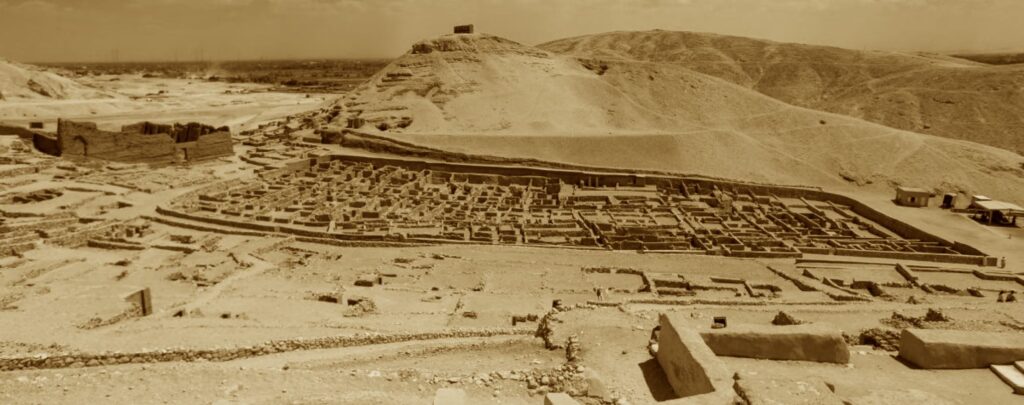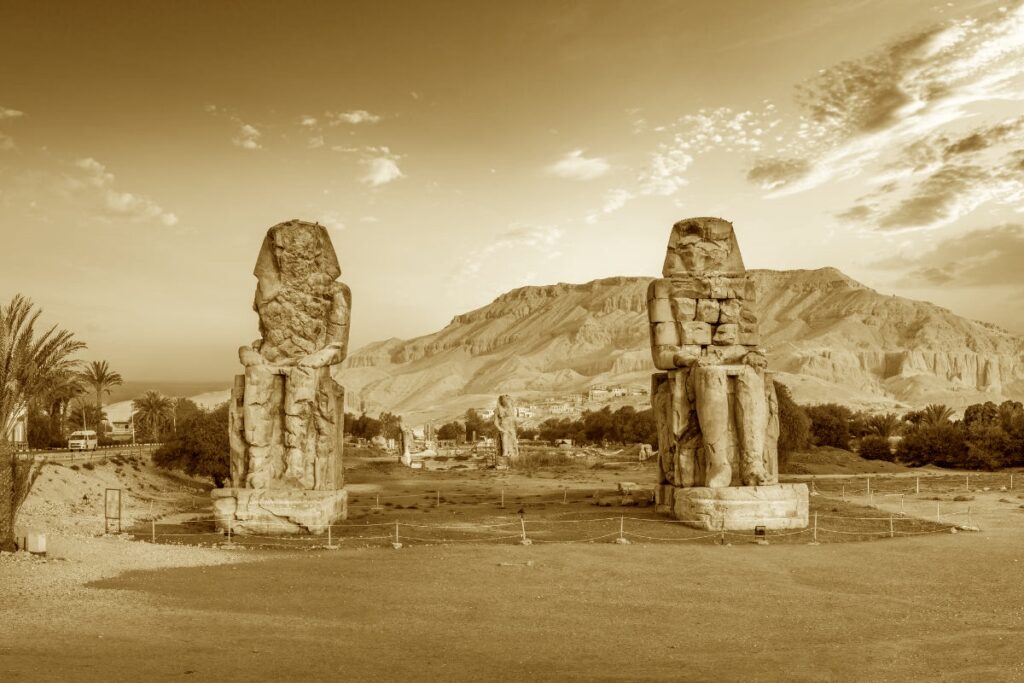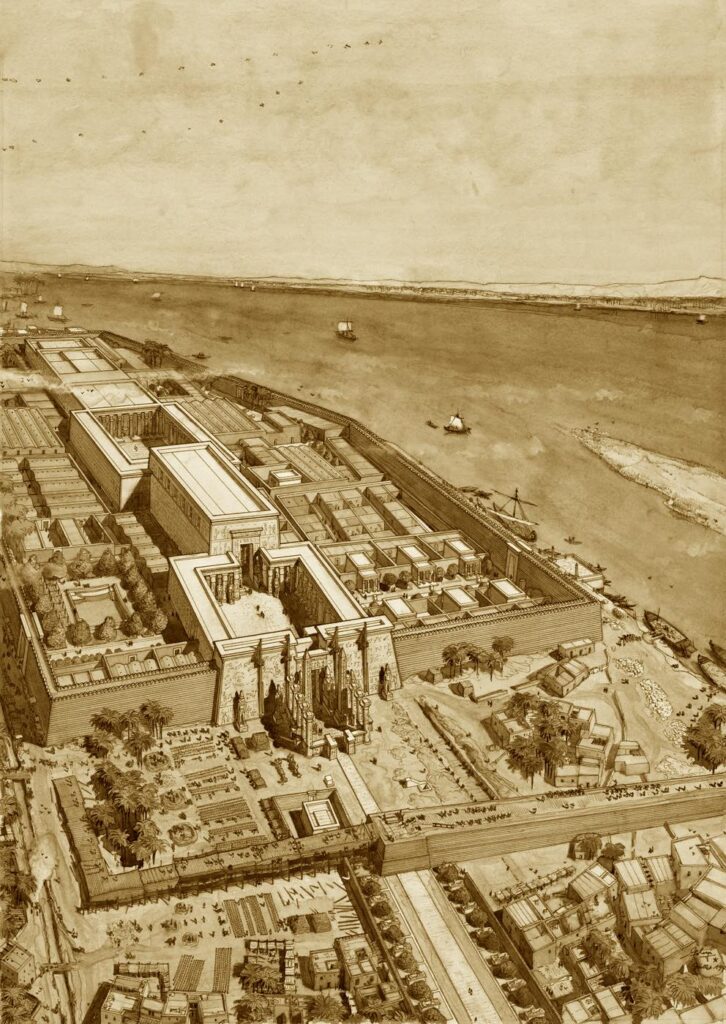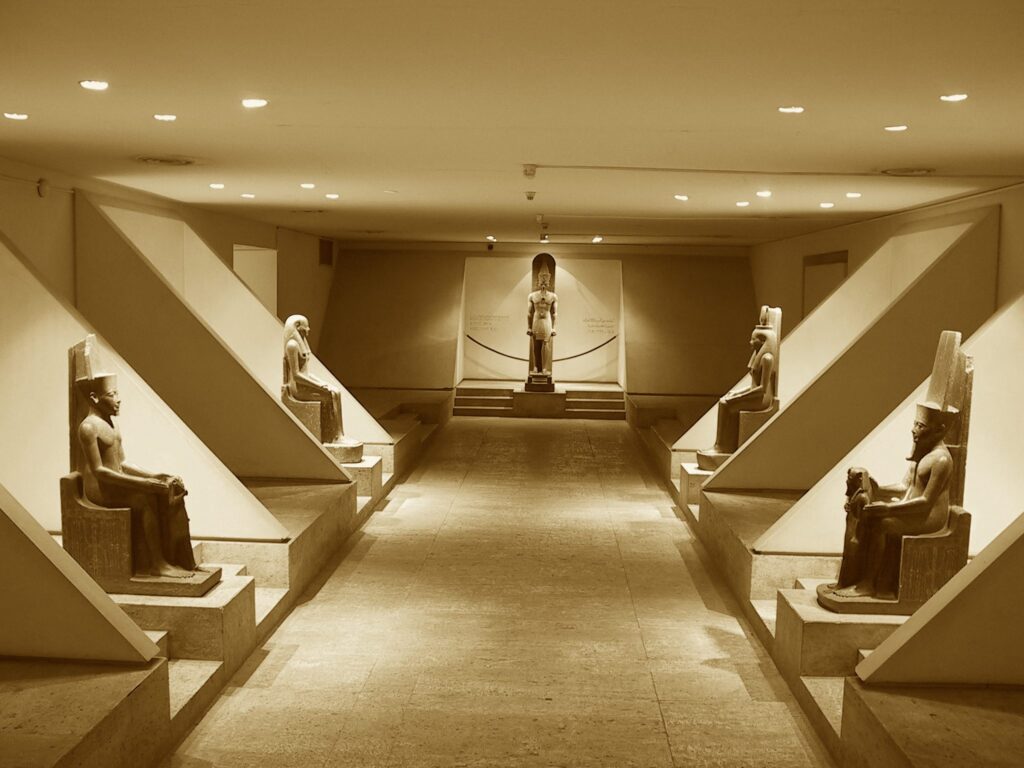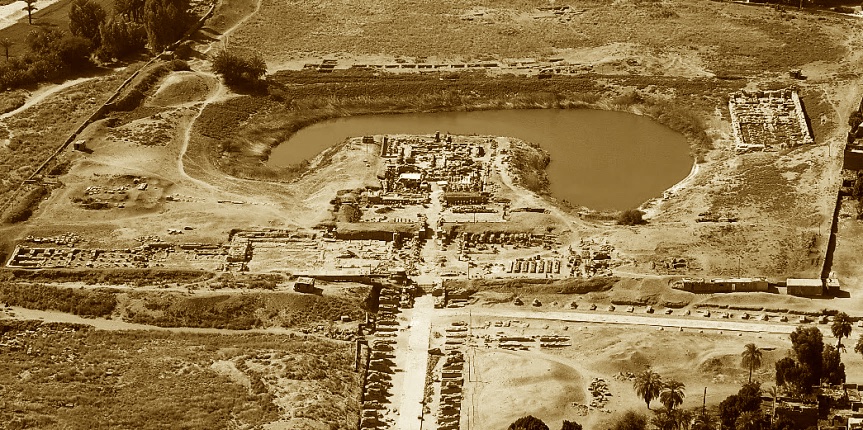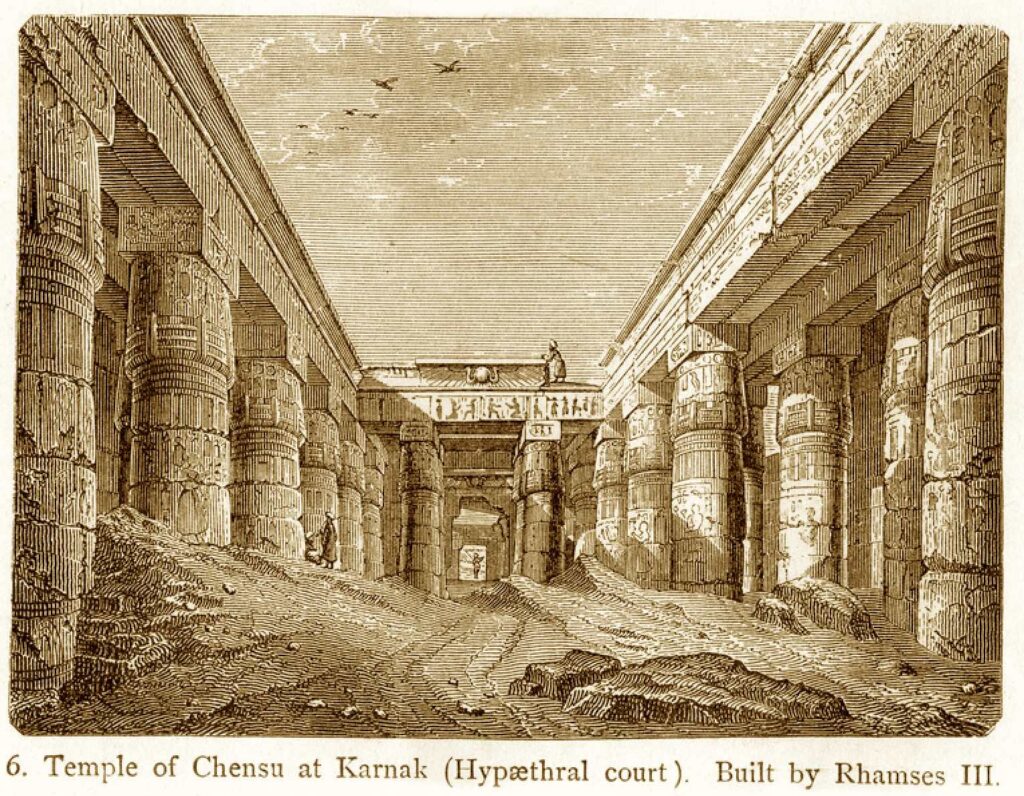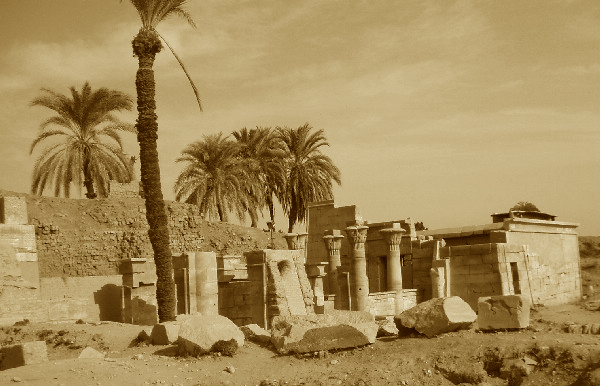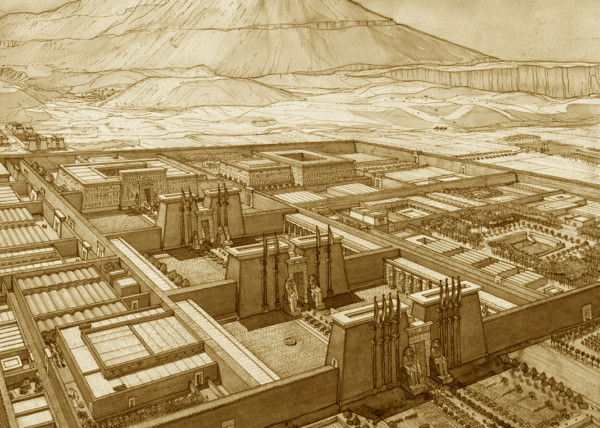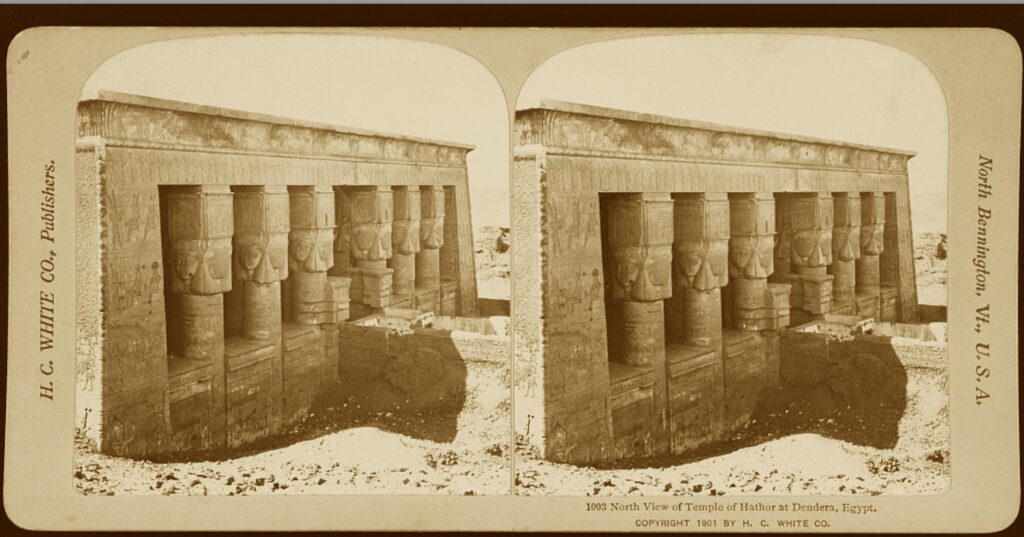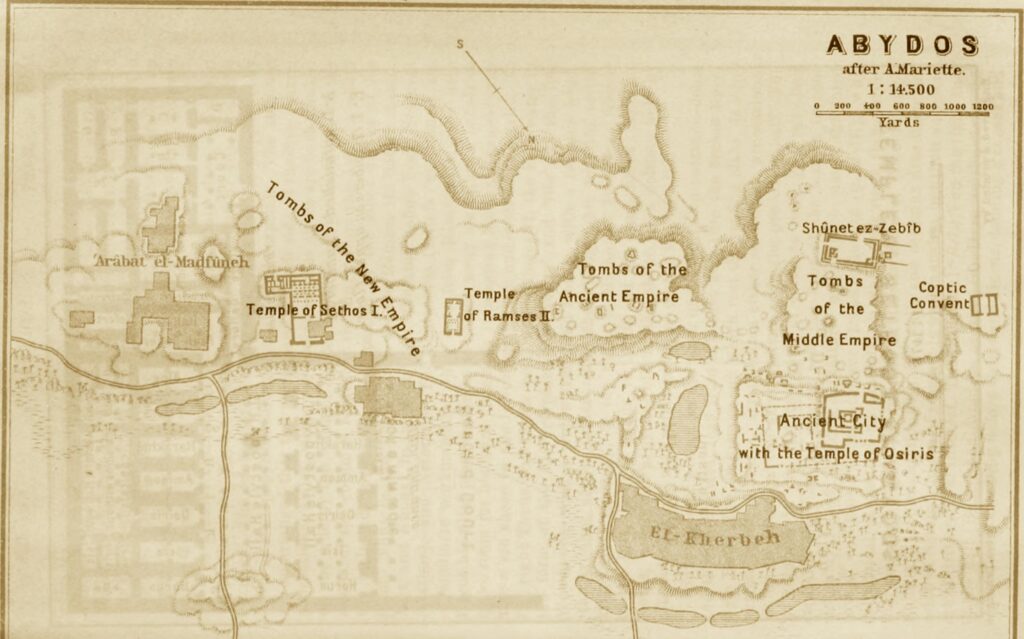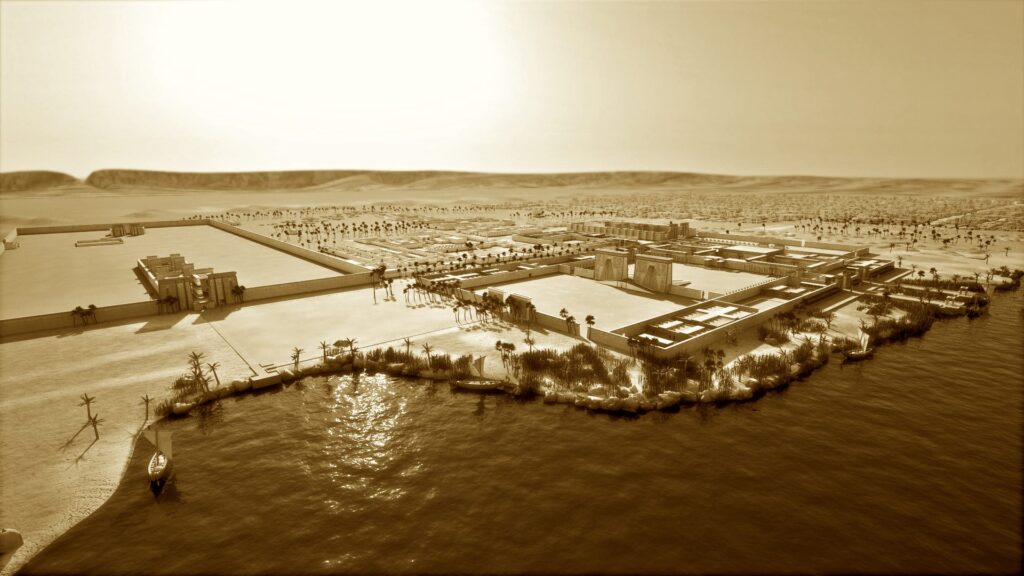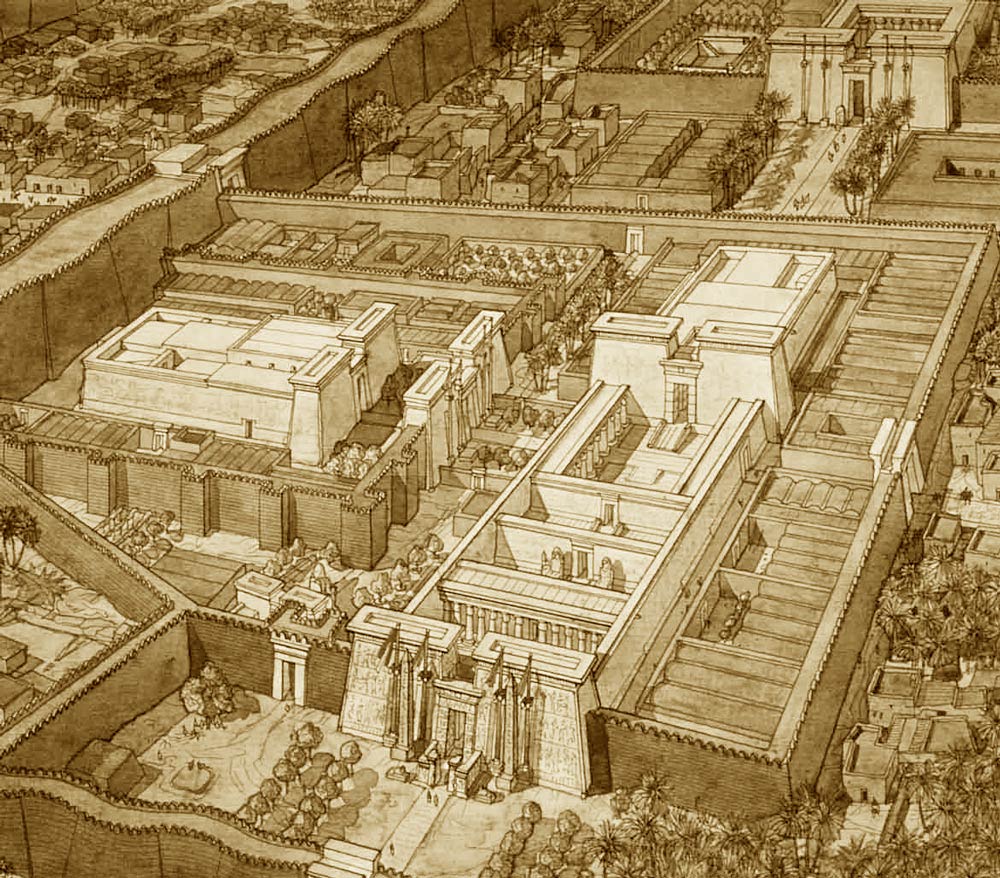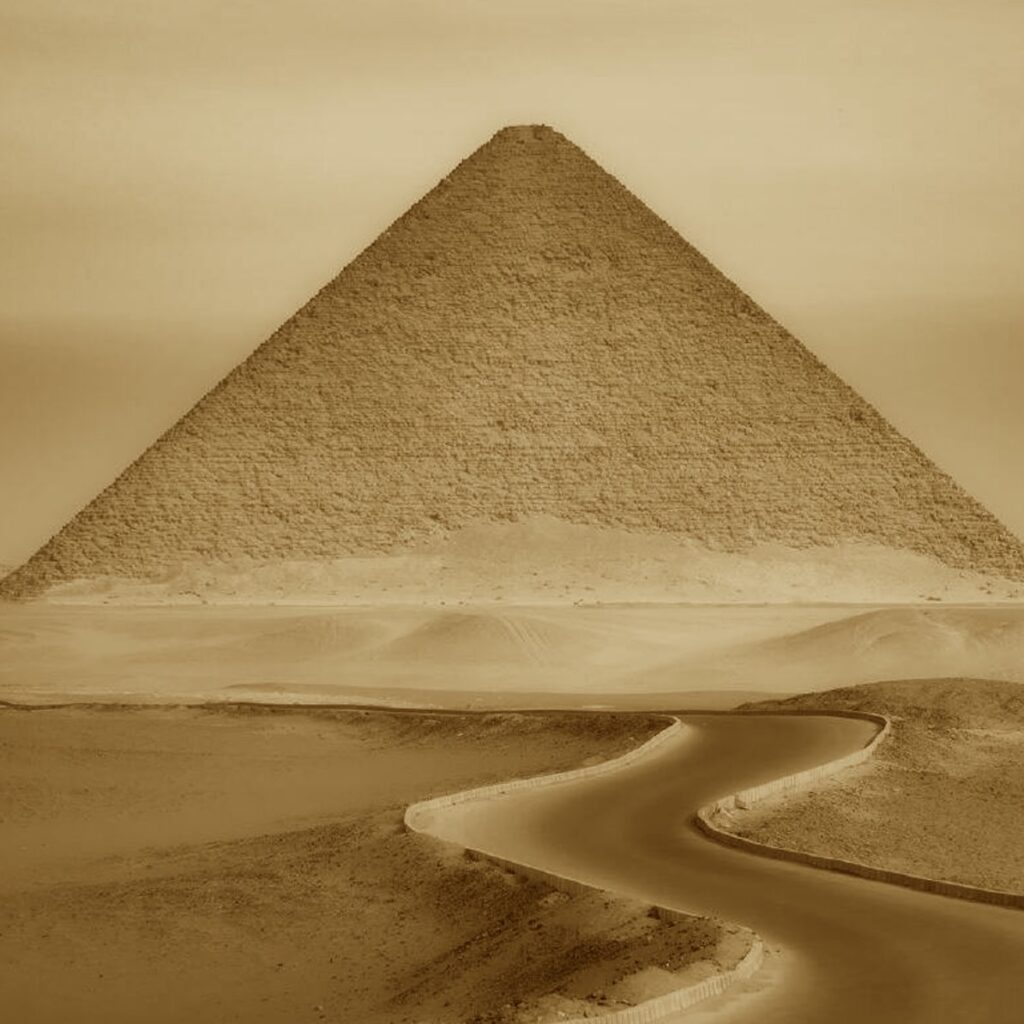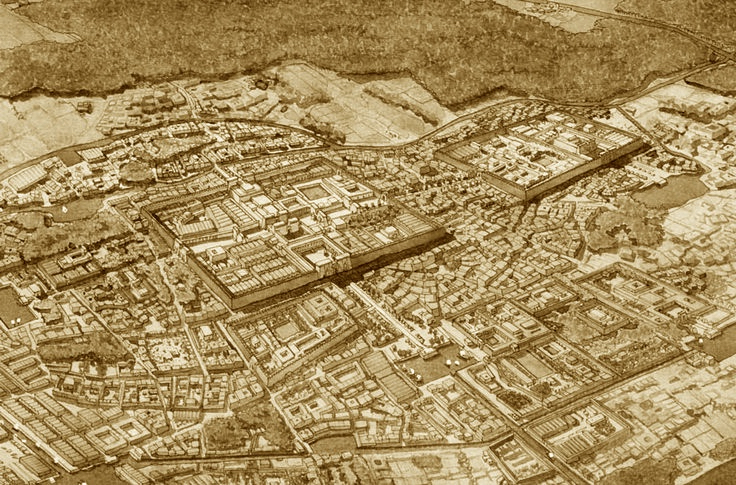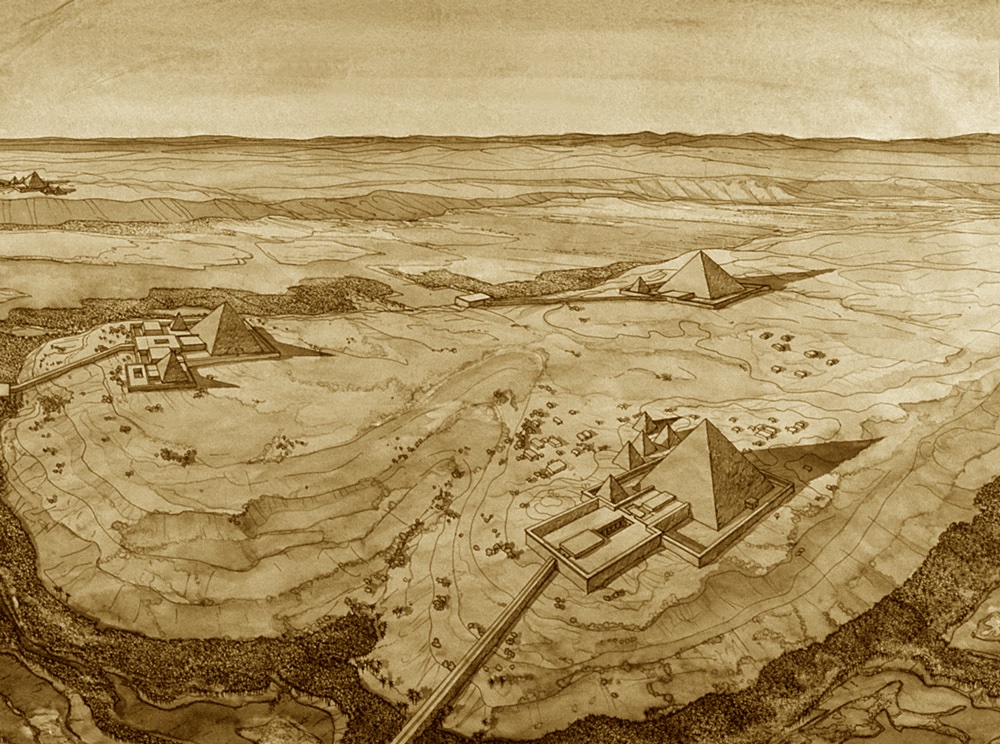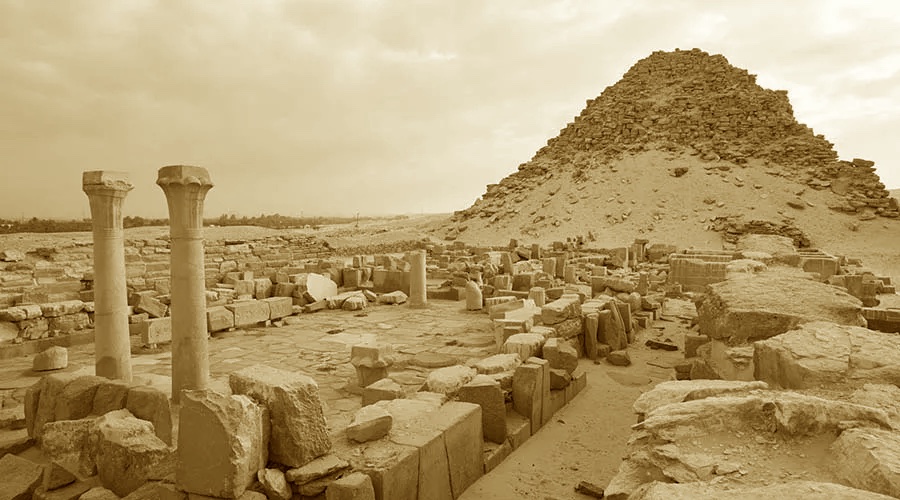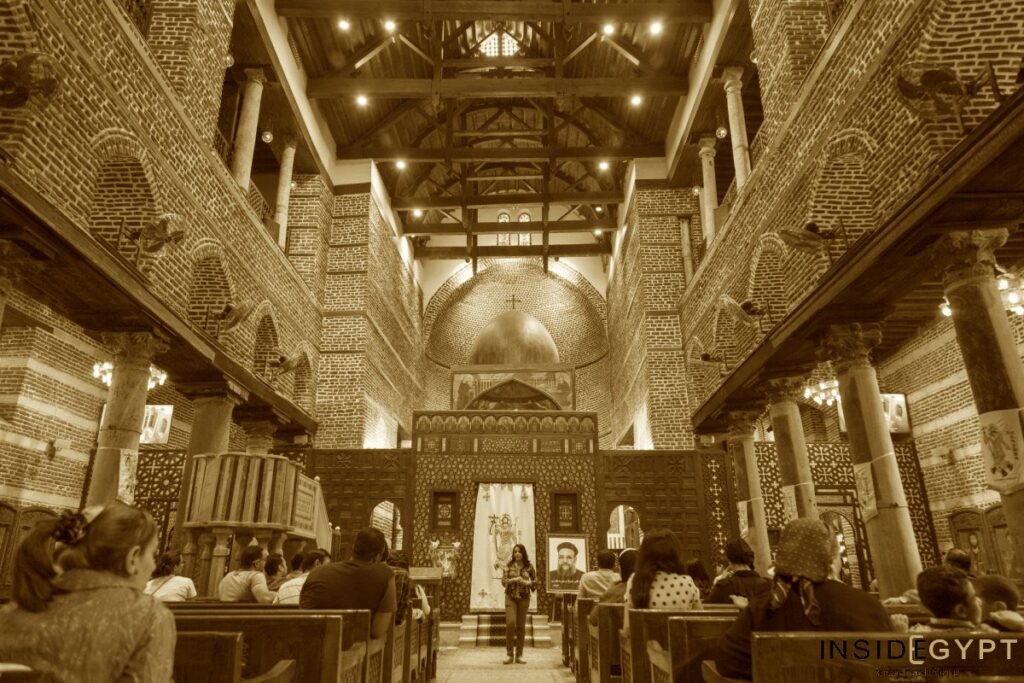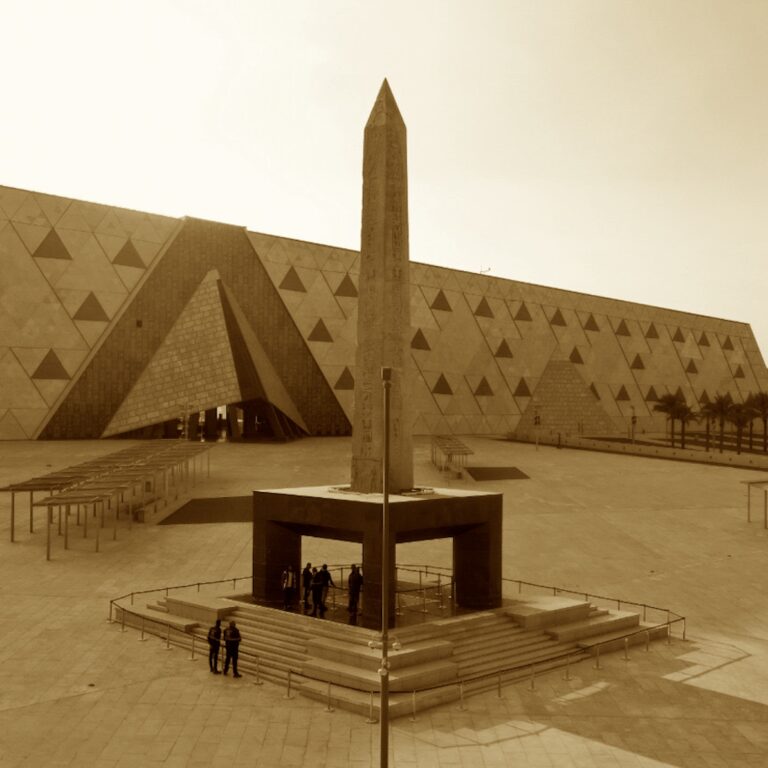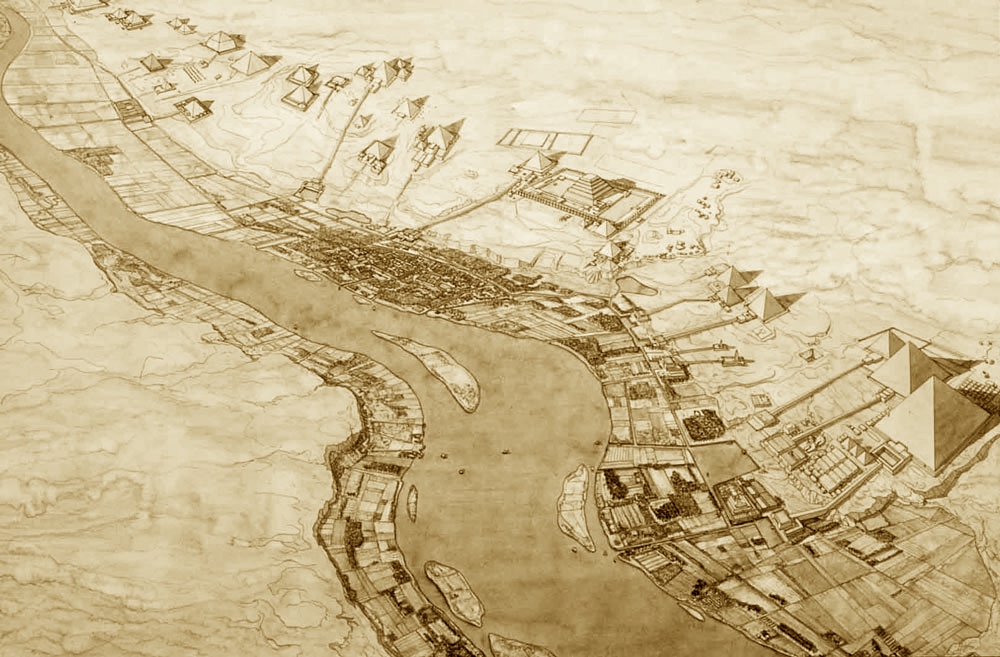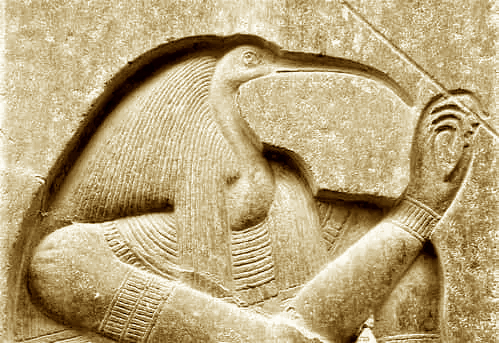Horus
Horus is the name of a sky god in ancient Egyptian mythology which designates primarily two deities: Horus the Elder (or Horus the Great), the last born of the first five original gods, and Horus the Younger, the son of Osiris and Isis.
According to the historian Jimmy Dunn, “Horus is the most important of the avian deities” who takes on so many forms and is depicted so differently in various inscriptions that “it is nearly impossible to distinguish the ‘true’ Horus. Horus is mostly a general term for a great number of falcon deities” (2). While this is certainly true, the name ‘Horus’ will usually be found to designate either the older god of the first five or the son of Isis and Osiris who defeated his uncle Set and restored order to the land.
The name Horus is the Latin version of the Egyptian Hor which means “the Distant One”, a reference to his role as a sky god. The elder Horus, brother of Osiris, Isis, Set, and Nephthys, is known as Horus the Great in English or Harwer and Haroeris in Egyptian. The son of Osiris and Isis is known as Horus the Child (Hor pa khered) who was transformed into the Greek god Harpocrates after Alexander the Great conquered Egypt in 331 BCE. ‘Harpocrates’ also means ‘Horus the Child’ but the deity differed from the Egyptian Horus. Harpocrates was the Greek god of silence and confidentiality, the keeper of secrets, whose statuary regularly depicts him as a winged child with his finger to his lips.

